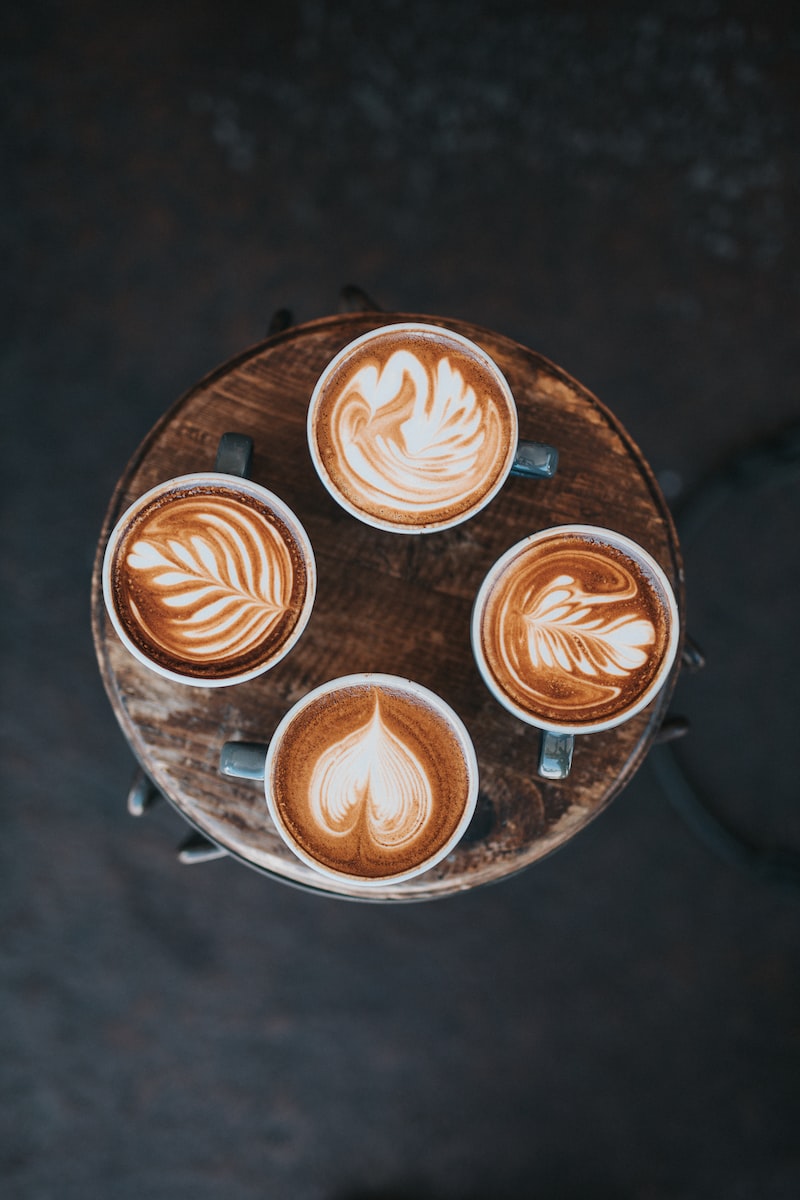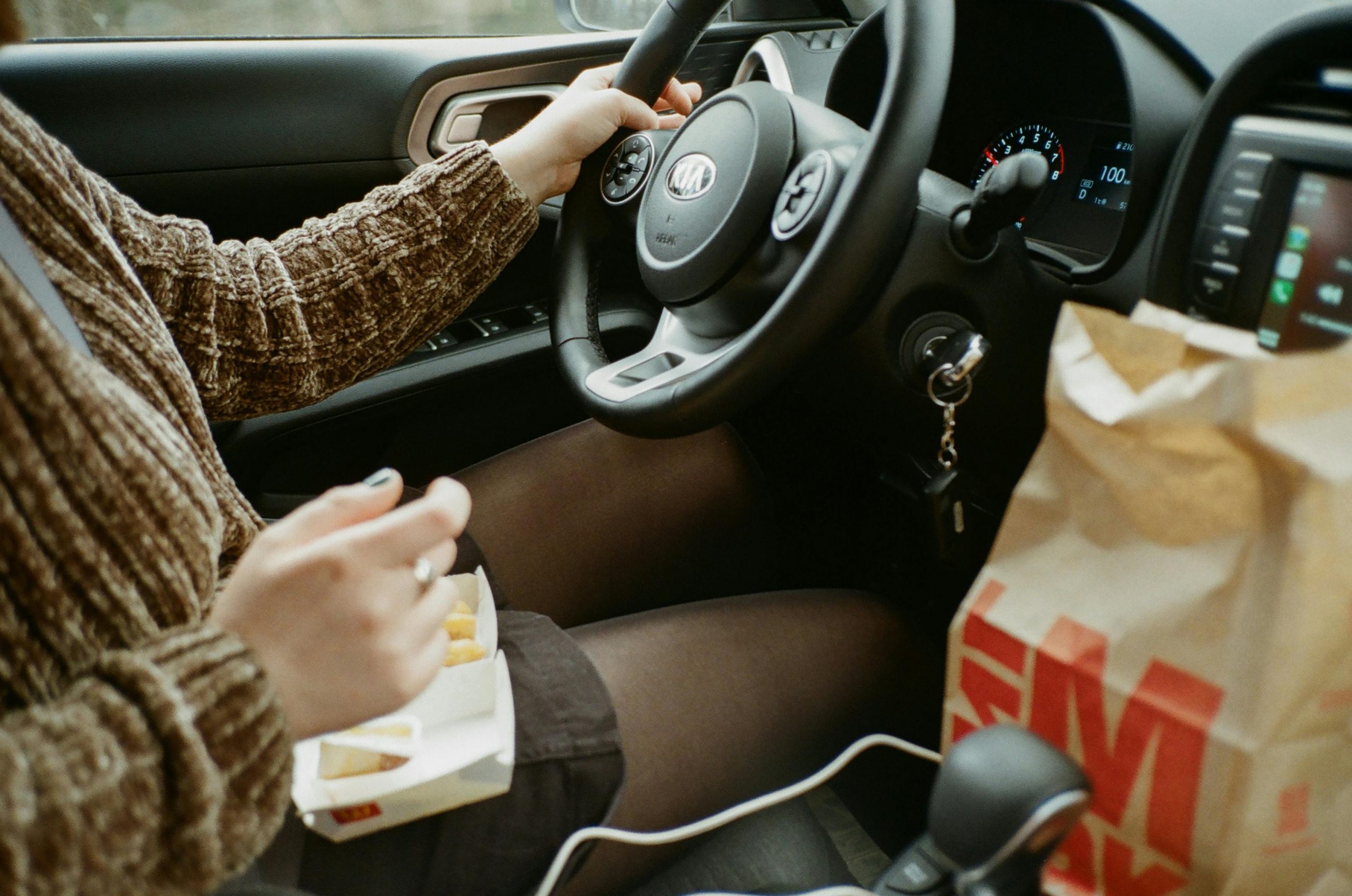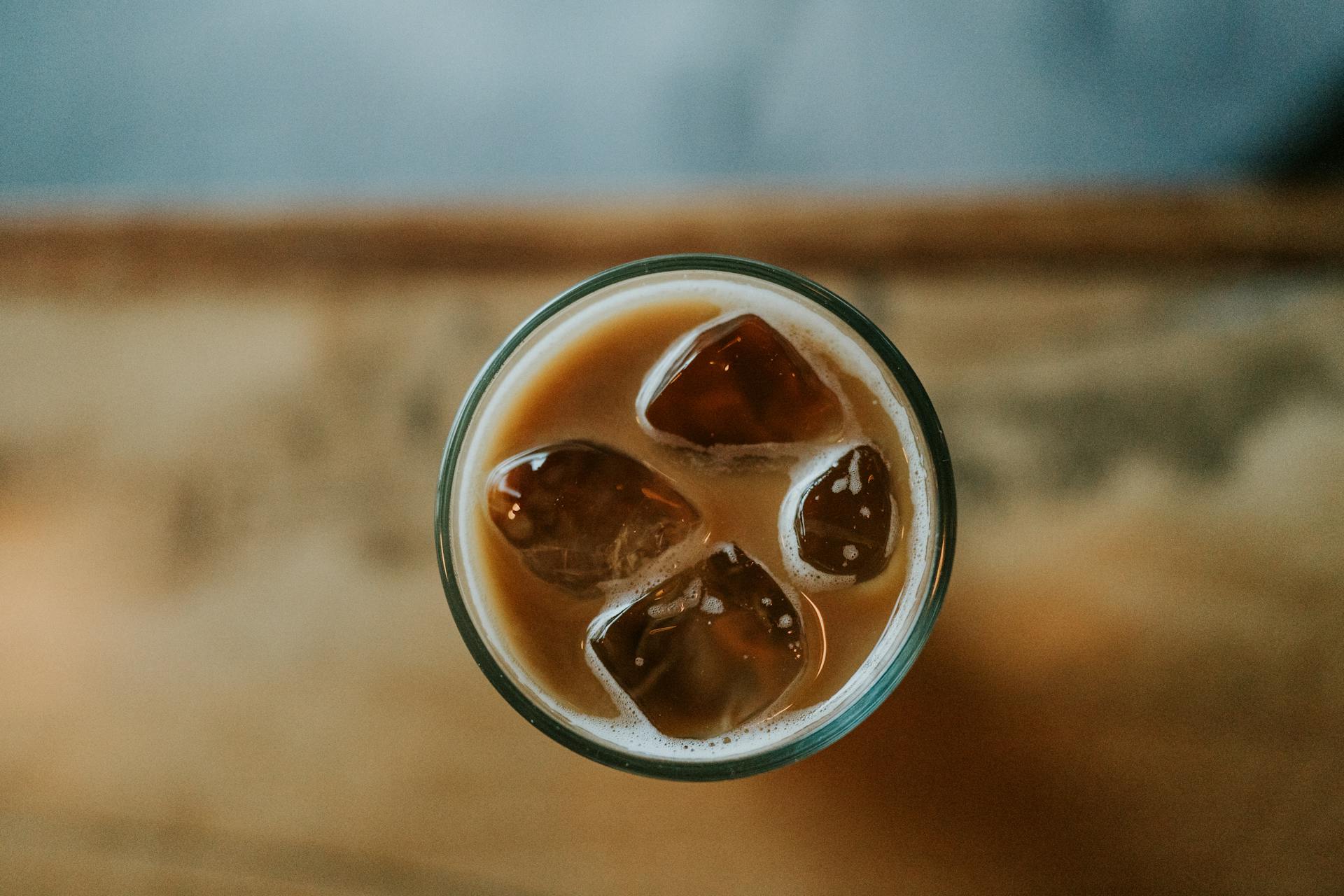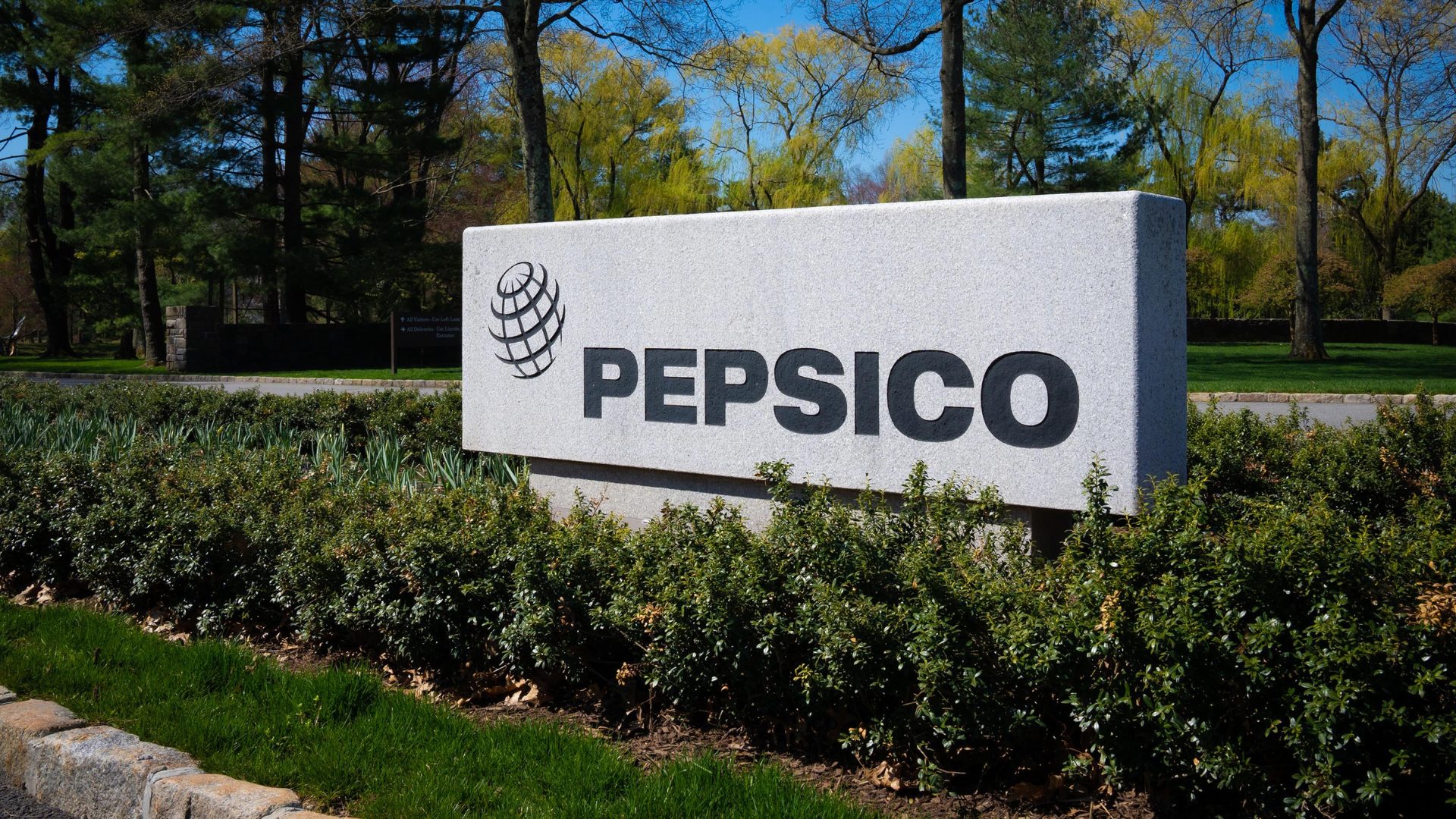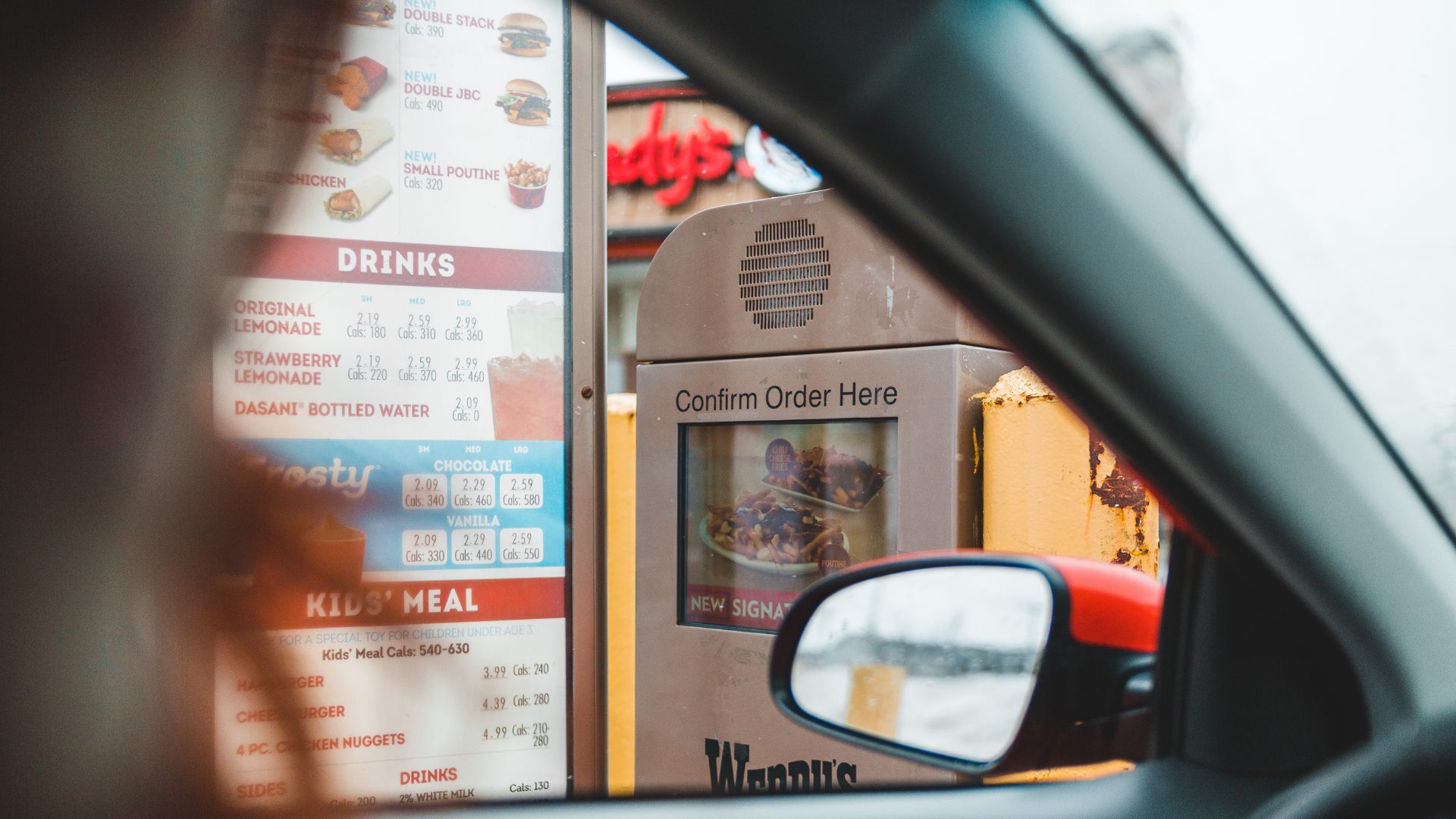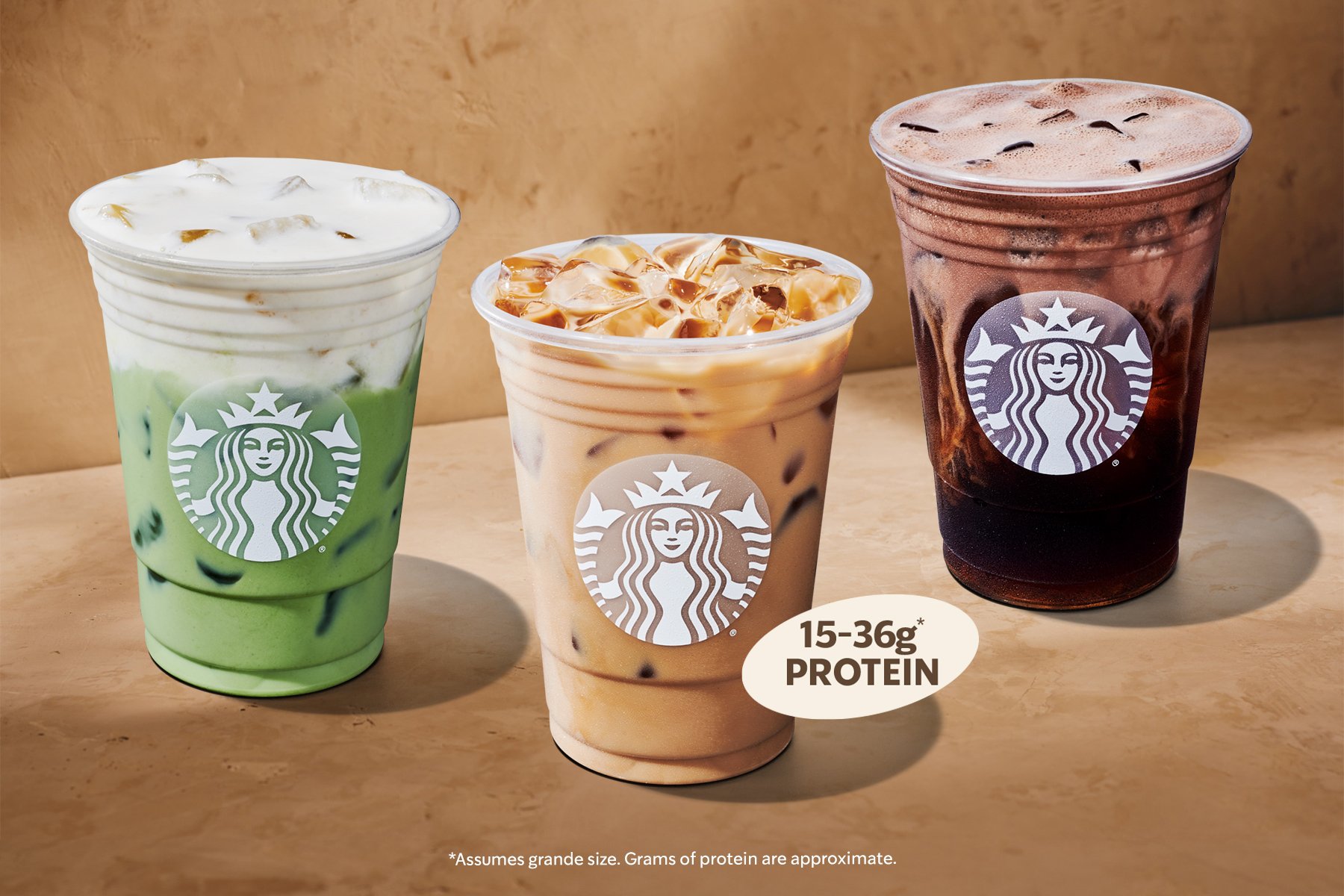American’s wallets are hurting, with prices rising seemingly everywhere. With annual U.S. inflation recently hitting a four-decade high, soaring prices are forcing many consumers to cut back to make ends meet; only 6% of U.S. adults polled in Statista’s Global Consumer Survey said that they weren’t planning on finding a way to save money, with many noting that they would cut back on dining out.
There does, however, seem to be one luxury that Americans aren’t willing to cut back on just yet: their caffeine fix.
During a dark economic time, coffee shops seem to be doing just fine. In fact, according to The Wall Street Journal (Aug. 22) spending actually rose 1.9% for coffee shops and bakery cafes compared to the prior year. Starbucks Corp. reported that sales increased 9% for the three months ended July 3 from a year earlier, while prices on their goods have increased.
With so many other essentials – like shelter, clothing, and transportation – why are Americans still shelling out money for their daily cup of joe? There are multiple explanations.
More than anything, though, for many Americans, an escape to a coffee shop is a place to decompress and enjoy being around others after over two years of practicing social distancing and masking up. It’s a small, still reasonably inexpensive way to enjoy an indulgence. This practice is especially apparent at Starbucks locations.
“They wanted to be the ‘third place’ people go outside their homes and workspaces. Not just for a cup of coffee and free WiFi, but somewhere warm and inviting where you can make personal connections,” Francesco Fazio, innovation practice leader at consulting firm Treacy & Company, told The Food Institute. “Inspired by Italy, baristas make custom drinks in front of you that take a couple of minutes to produce, rather than being instant – allowing them to charge higher prices.
“And, the longer you’re there, the more you’re likely going to buy.”
Analysts say that the rise in coffee shop spending could be attributed to workers returning to offices, The Wall Street Journal noted.
“The basic hypothesis is that when you commute, you will buy more in coffee shops,” David Tinsley, senior economist at Bank of America Institute, told The Wall Street Journal. “You’re quite likely to buy one going into work. You’re quite likely to buy your lunch or another cup of coffee in the afternoon.”
Many Americans are pinching pennies wherever they can, but coffee is one of the luxuries that people aren’t willing to cut out of their lives – yet. Whether it’s out of necessity after a sleepless night, a way to connect with others or a part of your daily routine, coffee shops may just come out of this economic crisis on top.


